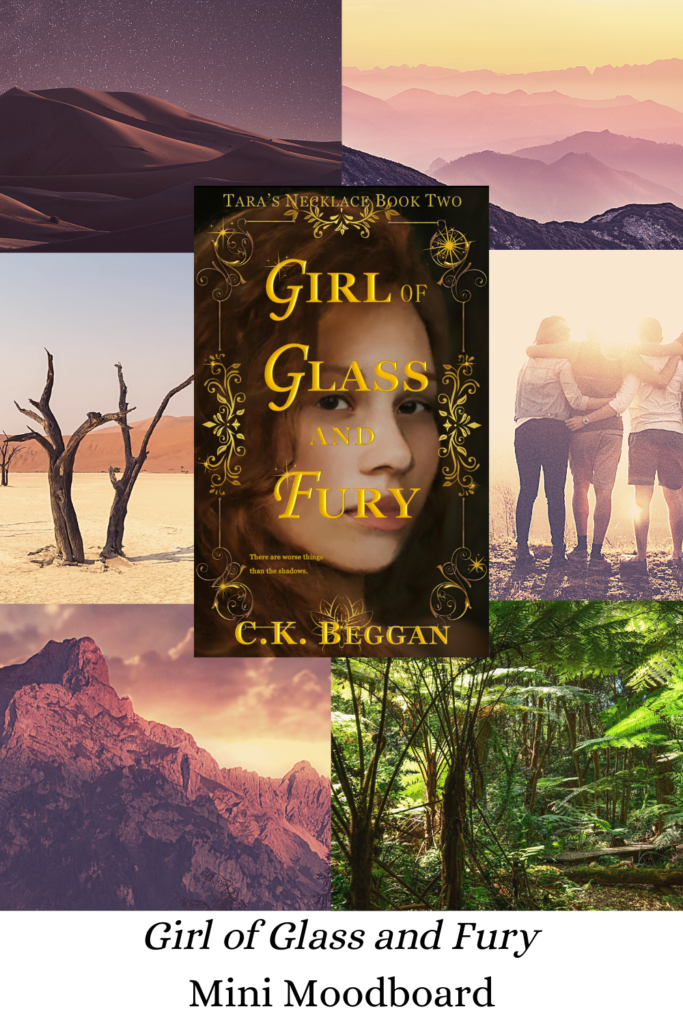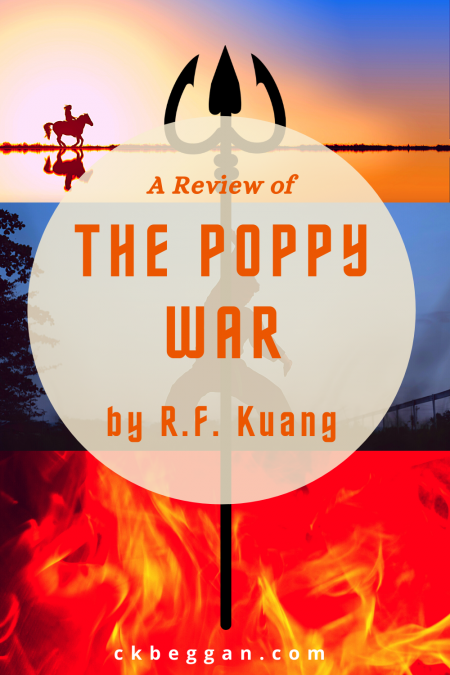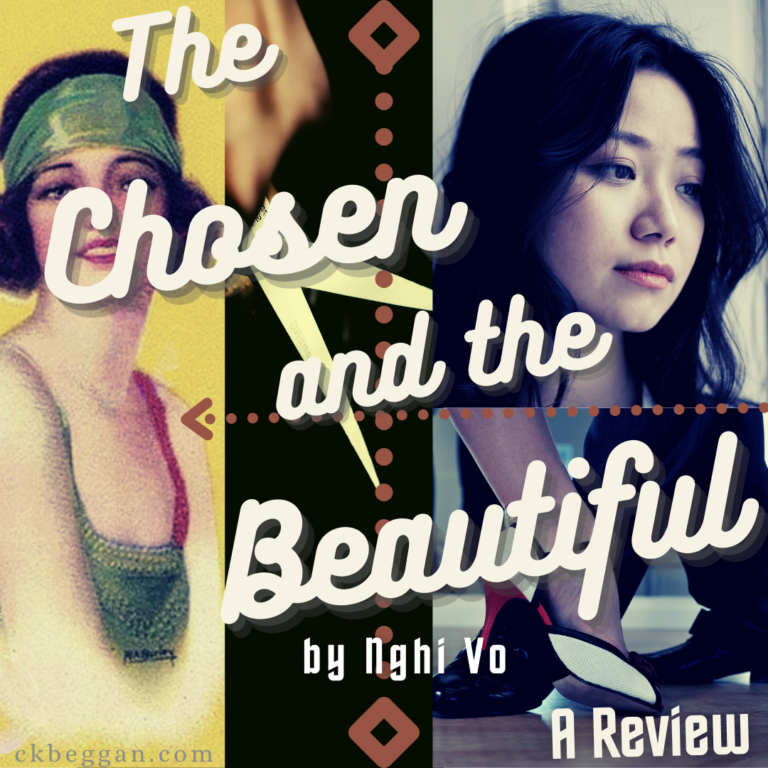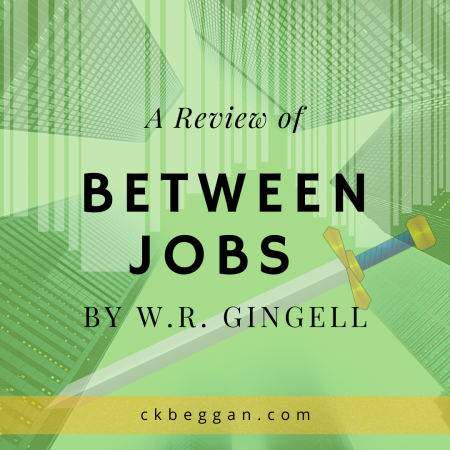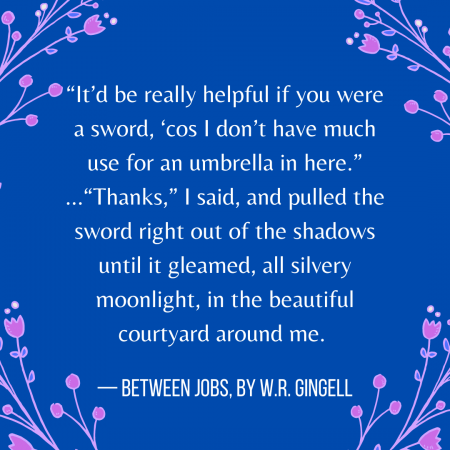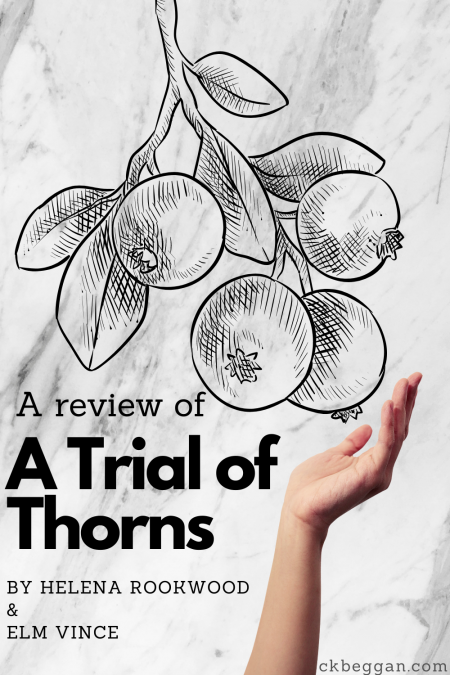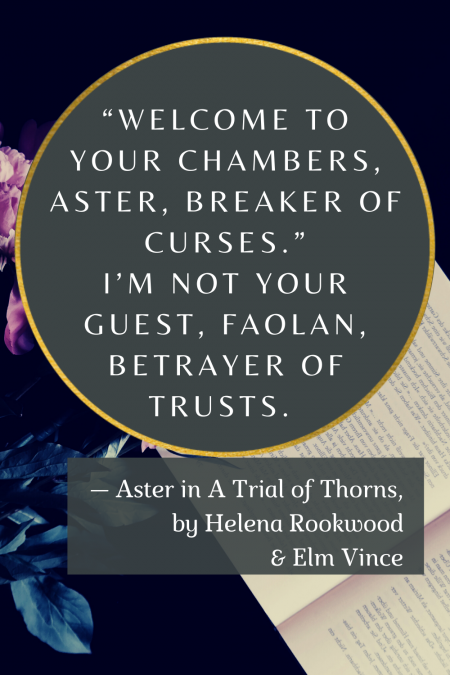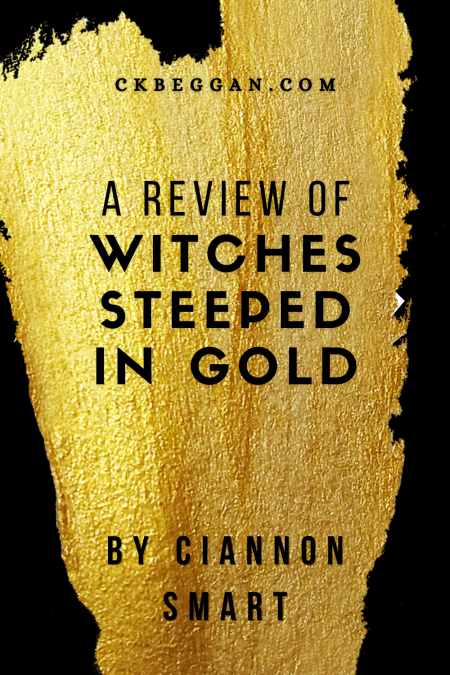In less than two hours, Girl of Glass and Fury arrives!
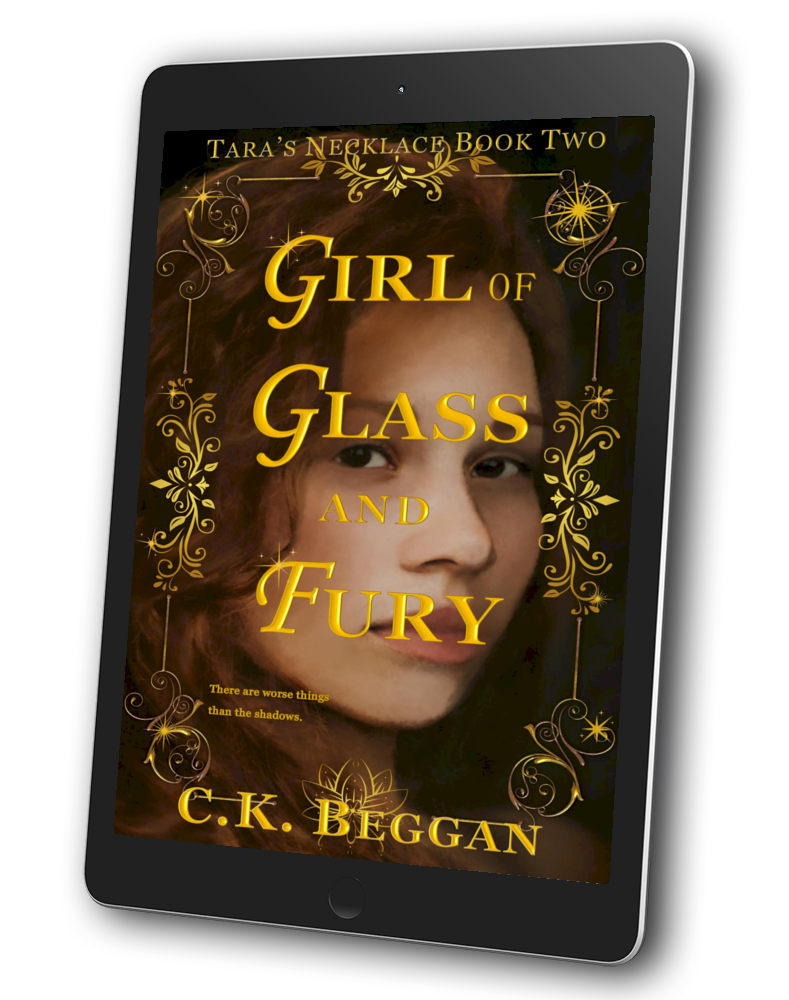
I’ll keep the price at 99c for the first week, so you can use this Universal Book Link to purchase it. Remember, if you haven’t read book one, that’s no problem! Girl of Glass and Fury takes place at the same time as Girl of Shadow and Glass (also 99c for a limited time!).
Synopsis
There are worse things than the shadows.
It’s a cruel and unjust world Finchoa lives in, and she’s determined to change it. Which would be a lot easier if not for one, massive problem: She’s a wisp.
To change the course of history, Finchoa will use every advantage she has—including her many friends. With the help of the boy she can’t be with and the friend she most trusts, Finchoa sets out to find their ancestors’ lost magic and a better future for her world. One in which her childhood friend Kith—and all the shade-children like her—will never have to choose between the dangerous shadows of the Open World and starvation.
Set in the same few days as Girl of Shadow and Glass (Tara’s Necklace Book One), Finchoa’s righteous anger grows into a force of its own, leading her out of her desert home and into a wild, new world she never could have imagined. Nor could she have dream of Arc, the mysterious soldier who suspects she’s more than she appears. And he isn’t wrong. Finchoa’s encounters with ancient magic are changing her in ways she can’t understand—yet.
With a bone-chilling jungle world full of dark surprises and a desert world mired in wicked winds, the worlds stand against a girl with the body of a ghost. Can Finchoa become what she needs to and unravel the secrets of Sundown? Or will those secrets die with her?


